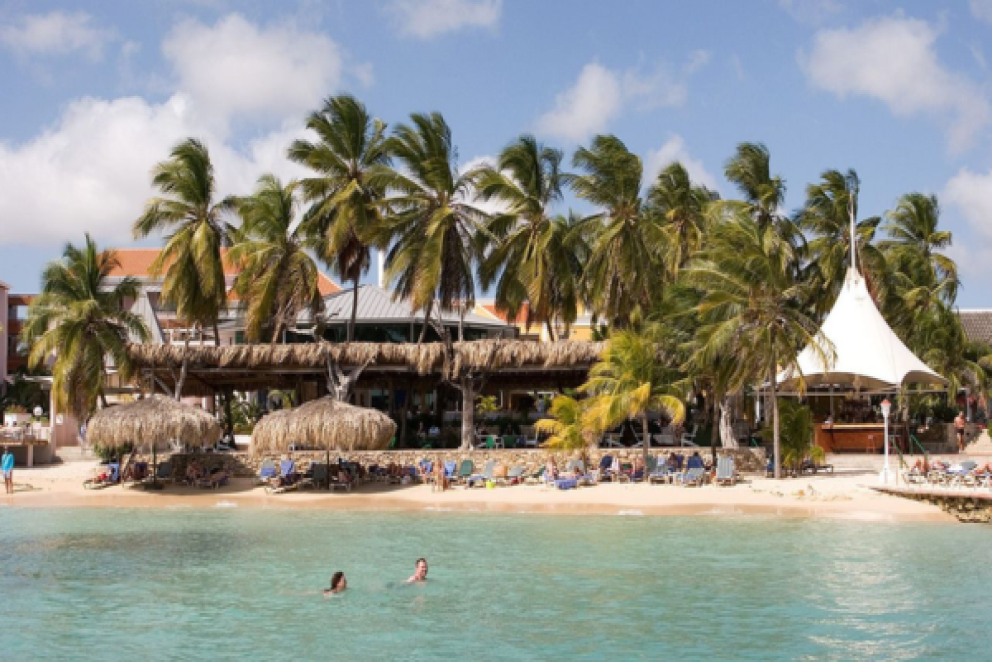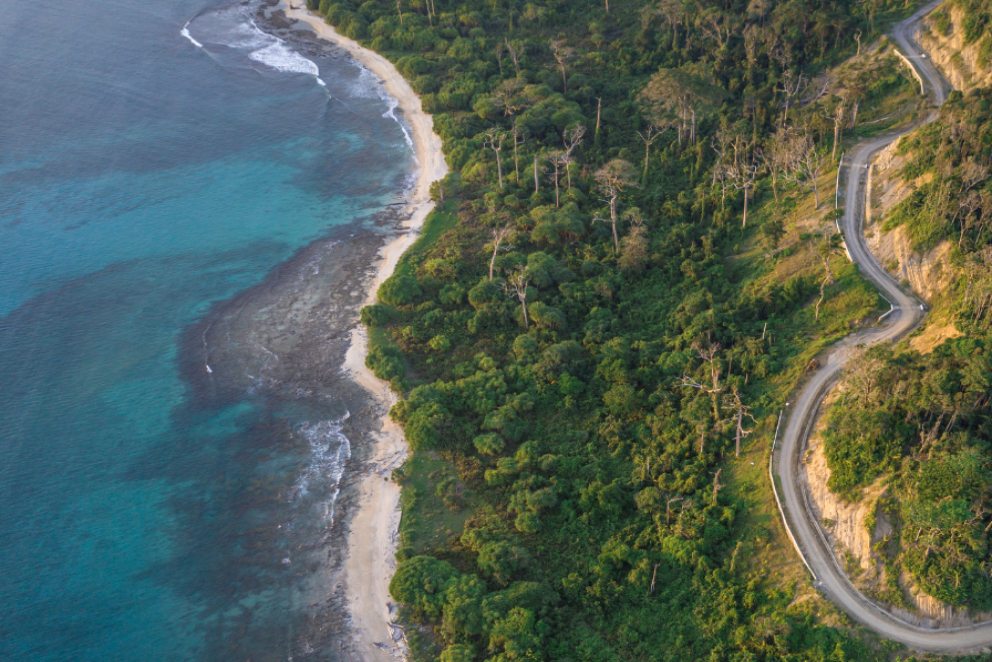Blog Details

Why 'destination dupes' are the latest travel-twinning trend
Across the world, travel has seen a massive bounce-back after the pandemic. With air passenger traffic reaching nearly 95% of pre-pandemic levels in 2023, many destinations are now charging some sort of tourist tax to help address fears of overtourism.
Enter: destination dupes, or duplicates. These lower-budget, less-crowded destination "twins", are being shared via social media and helping to lure travellers off the beaten path.
Lavina Dsouza, a creator based in Leeds, UK, began travelling to dupes long before the term was coined. "I was randomly searching for destinations similar to Brugge and ended up in Ghent. When I did eventually visit Brugge, it was extremely crowded and I realised I had ended up having a better time in Ghent," she said.
Over the years, Dsouza has also gone on to travel to Palawan in the Philippines (a dupe for the Maldives, according to Expedia) and Liverpool (a dupe for London, from the same list).
Janavi Iyer, a traveller from Vadodara, India, said the dupe trend continues to rise in popularity, revealing that as she researched more affordable, less crowded beach vacations, she decided Turkey's Bodrum coast would be the perfect stand-in for over-touristed St Tropez. "We live in an age where there's no off-season for travel, and so this is the best way to plan your holidays, as it combines affordability, authenticity and lets you escape the crowds," she said.
According to Expedia’s list, popular dupes worldwide include Taipei instead of Seoul, Perth instead of Sydney, Pattaya instead of Bangkok, Palermo instead of Lisbon, Quebec City instead of Geneva and Memphis instead of Nashville.
Enter: destination dupes, or duplicates. These lower-budget, less-crowded destination "twins", are being shared via social media and helping to lure travellers off the beaten path.
Lavina Dsouza, a creator based in Leeds, UK, began travelling to dupes long before the term was coined. "I was randomly searching for destinations similar to Brugge and ended up in Ghent. When I did eventually visit Brugge, it was extremely crowded and I realised I had ended up having a better time in Ghent," she said.
Over the years, Dsouza has also gone on to travel to Palawan in the Philippines (a dupe for the Maldives, according to Expedia) and Liverpool (a dupe for London, from the same list).
Janavi Iyer, a traveller from Vadodara, India, said the dupe trend continues to rise in popularity, revealing that as she researched more affordable, less crowded beach vacations, she decided Turkey's Bodrum coast would be the perfect stand-in for over-touristed St Tropez. "We live in an age where there's no off-season for travel, and so this is the best way to plan your holidays, as it combines affordability, authenticity and lets you escape the crowds," she said.
According to Expedia’s list, popular dupes worldwide include Taipei instead of Seoul, Perth instead of Sydney, Pattaya instead of Bangkok, Palermo instead of Lisbon, Quebec City instead of Geneva and Memphis instead of Nashville.
Source: BBC



